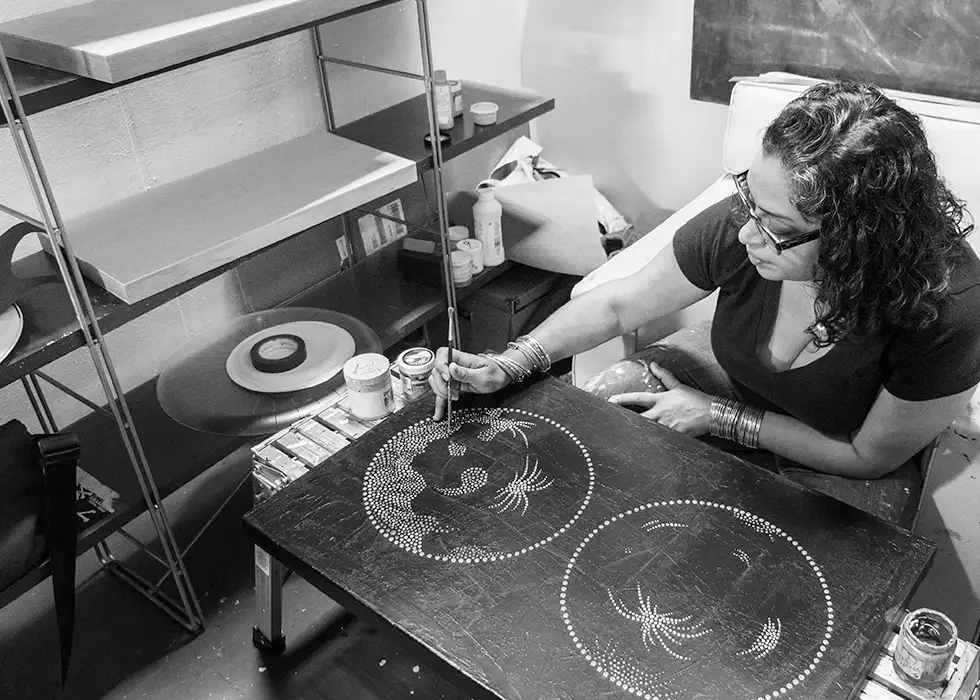How to Pay Off Medical Debt
Unfortunately, when you get sick or injured, getting better is often not the only concern. Even if you have health insurance, hefty medical bills can be a source of financial frustration.
Many people feel that they have no choice but to ignore the bills or eventually file for bankruptcy. These are not the only options. There are ways you can make paying your medical bills more manageable.
Check the bills
People are often so shocked over how much they owe when they first open their bills that they forget to look at the bills in detail. Since medical bills are frequently inflated, looking over them carefully could save you money.
Maybe you were billed for a four-day stay in the hospital when you only stayed two, or charged twice for the same medication.
If you see that you were billed for something you should not have been, contact the medical provider to have the charge removed.
If you have health insurance, it is also a good idea to make sure your insurance company paid for everything they should have. If an insurance company denies a claim, the medical provider will just bill you, even if the treatment is covered under your plan.
How easy is it to get an insurance company to pay a denied claim? If it was merely a clerical error, it should be simple. If you are dealing with an insurance company trying to wiggle out of paying something they should, it could be harder, but not impossible.
Most insurance companies allow you to appeal decisions, and if you submit evidence to support why the treatment should be covered, like a letter from your doctor, you may be able to have the denial overturned.
Ask for a repayment plan
Even after billing errors are corrected, the amount you owe may still seem frighteningly large. There is no need to panic if you cannot pay a bill in full.
Most medical providers will allow you to make smaller payments until the bill is paid off and, in many cases, won’t even charge interest. Think about how much you can afford to send each month, and let the medical provider know.
If the medical provider does not accept your proposal, should you not send any money? Not necessarily. Few people will actually refuse money, regardless of how small the amount is.
That does not mean you are immune from being sued or having the account be sold to a collection agency, but all you can do is send what you can afford to pay.
Not paying your mortgage or other important expenses to get more cash for your medical bills is usually not a good idea.
Look for assistance
If you have medical bills from a hospital, you are probably well aware of how high hospital bills can be. Luckily, many hospitals get government funds and donations to cover the bills for patients who cannot pay them themselves.
Other types of medical providers typically do not get such funds but may give you a discount if you describe your hardship. Talk to your hospital’s billing department or financial counselor about what programs they have.
Remember to find out what the application procedure and qualifications are. Often assistance programs are restricted to people who owe above a certain amount, have income below a certain limit, and/or have no medical insurance. Even if you ultimately do not qualify, it does not hurt to ask.
Hospitals are not the only places where you can get financial assistance with your medical debt. Many non-profits provide the same service. Like with hospitals, non-profit programs are often restricted to limited income and/or uninsured individuals.
Create a plan for the future
While your current concern may be the bills you need to pay now, chances are you will have more medical bills to pay in the future.
If you start saving today, it will be easier to pay whatever bills come your way tomorrow.
Types of savings accounts
If your employer offers it, one option is to set up a flexible spending account. At the beginning of the enrollment period, you tell you employer how much you want withheld from each paycheck and sent to your account.
You typically must pay for the costs out of pocket first and then get reimbursed after submitting a claim form. While the money sent to a flexible spending account is not taxed, there is one drawback: you lose any money that is not spent by the end of the year.
Another option is a health savings account. Like with a flexible spending account, the money contributed to a health savings account is not taxed. However, you do not lose the money that is left over in the account at the end of the year.
So, why would anyone choose a flexible spending account over a health savings account? Health savings accounts are not available to everyone. In order to qualify, you must be enrolled in a high deductible health plan (a plan with higher deductibles and lower premiums than traditional plans). If you have a traditional plan, you're out of luck.
Resources
Medical bills can linger long after an injury or illness has been treated. While the amounts owed can seem unbelievably large, remember, there are many things you can do ease the pain of bill paying.
If you find yourself in a serious financial situation, here are some resources that could help ease the burden.
Patient Advocate Foundation
Provides information to patients experiencing problems with their insurance company or employer. Also offers a co-payment assistance program.
Partnership for Prescription Assistance
Provides information on programs that offer financial assistance with prescription costs.
HealthWell Foundation
Provides grants that can be used to pay for prescriptions, co-pays, deductibles, and insurance premiums. Available to patients with a variety of illnesses.
CancerCare
Offers financial assistance programs to help cover the costs of cancer treatment and co-pays.




